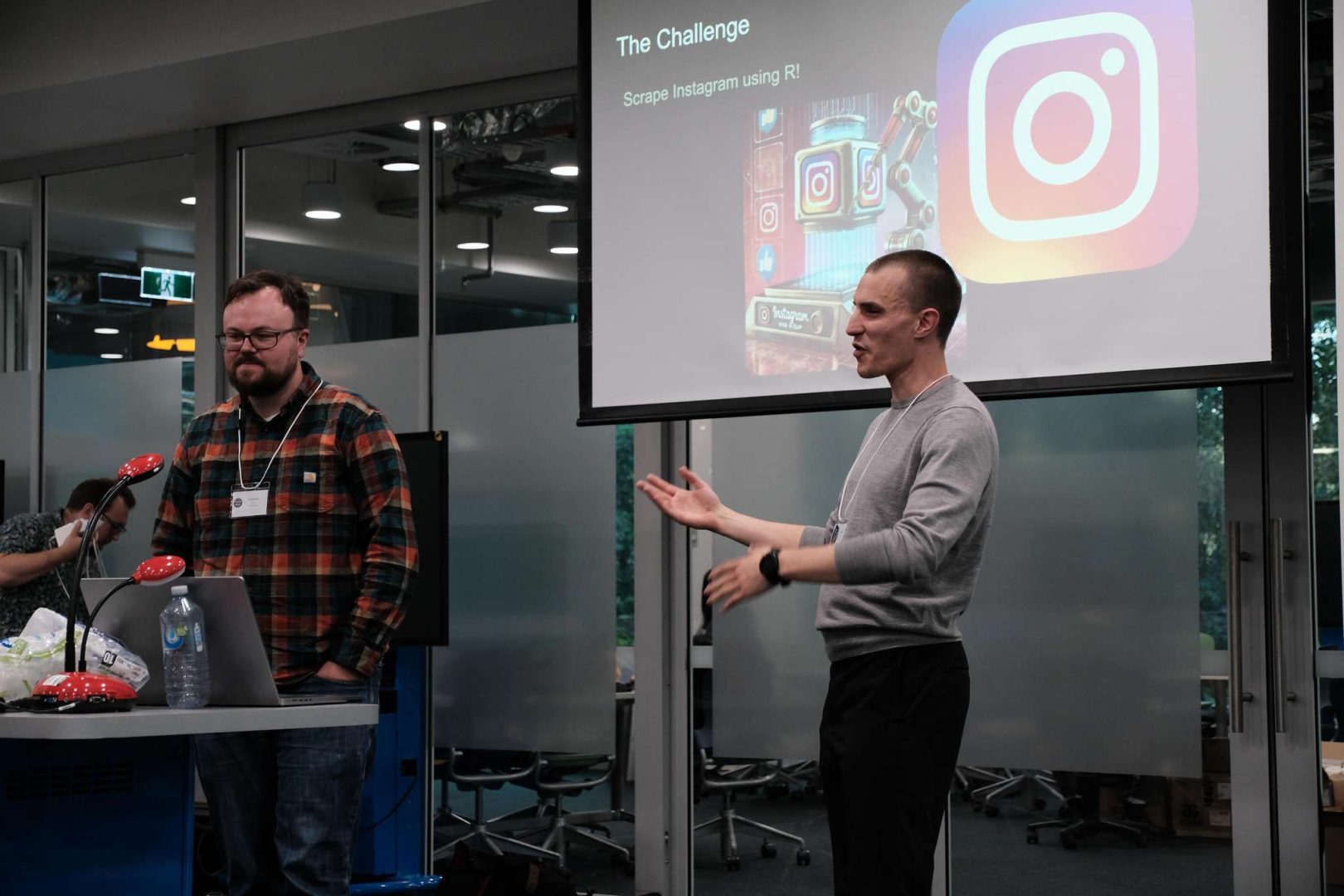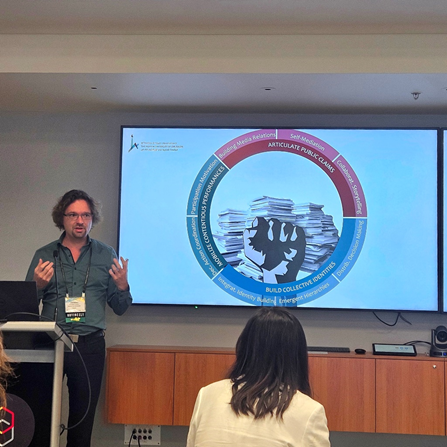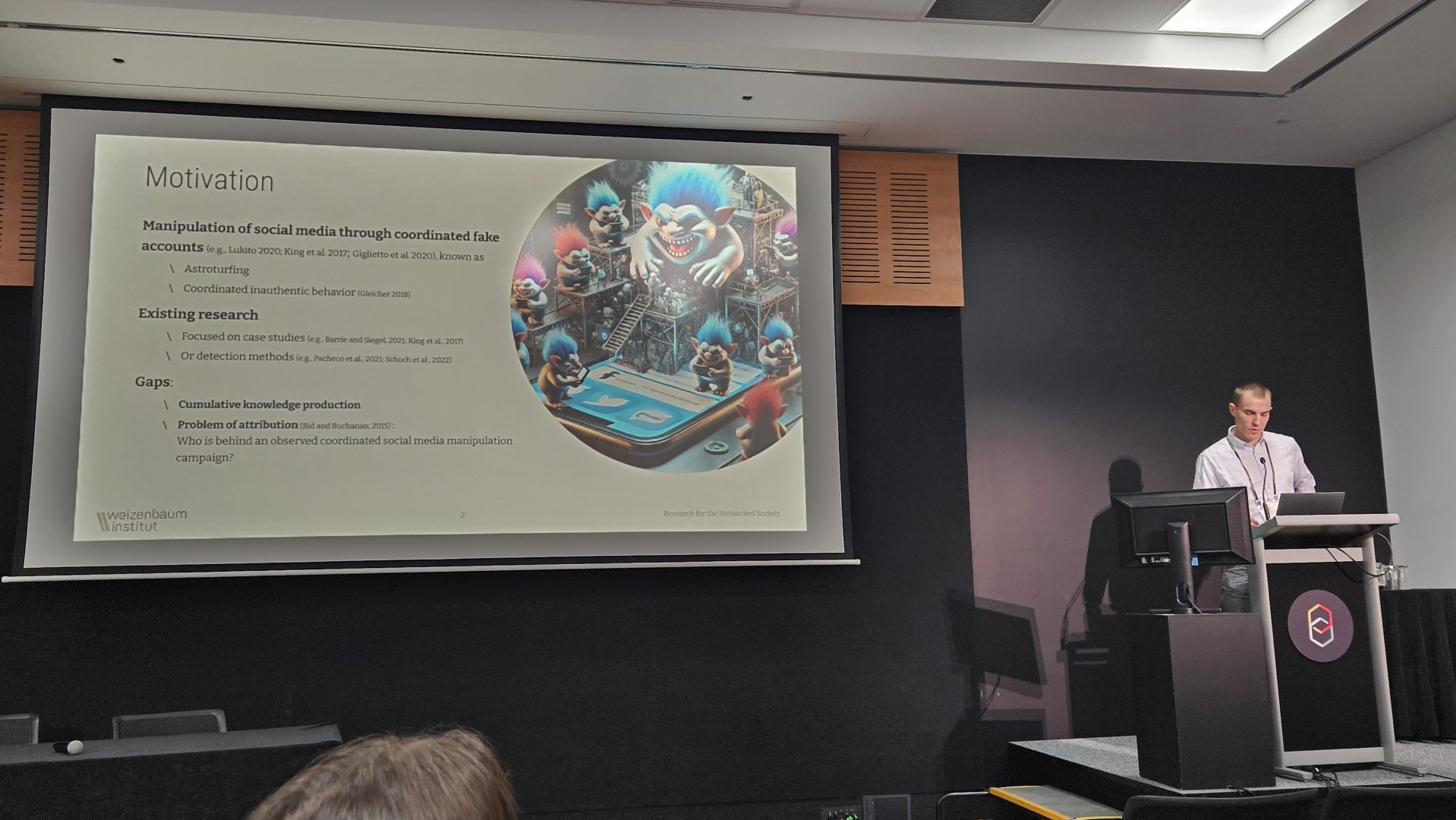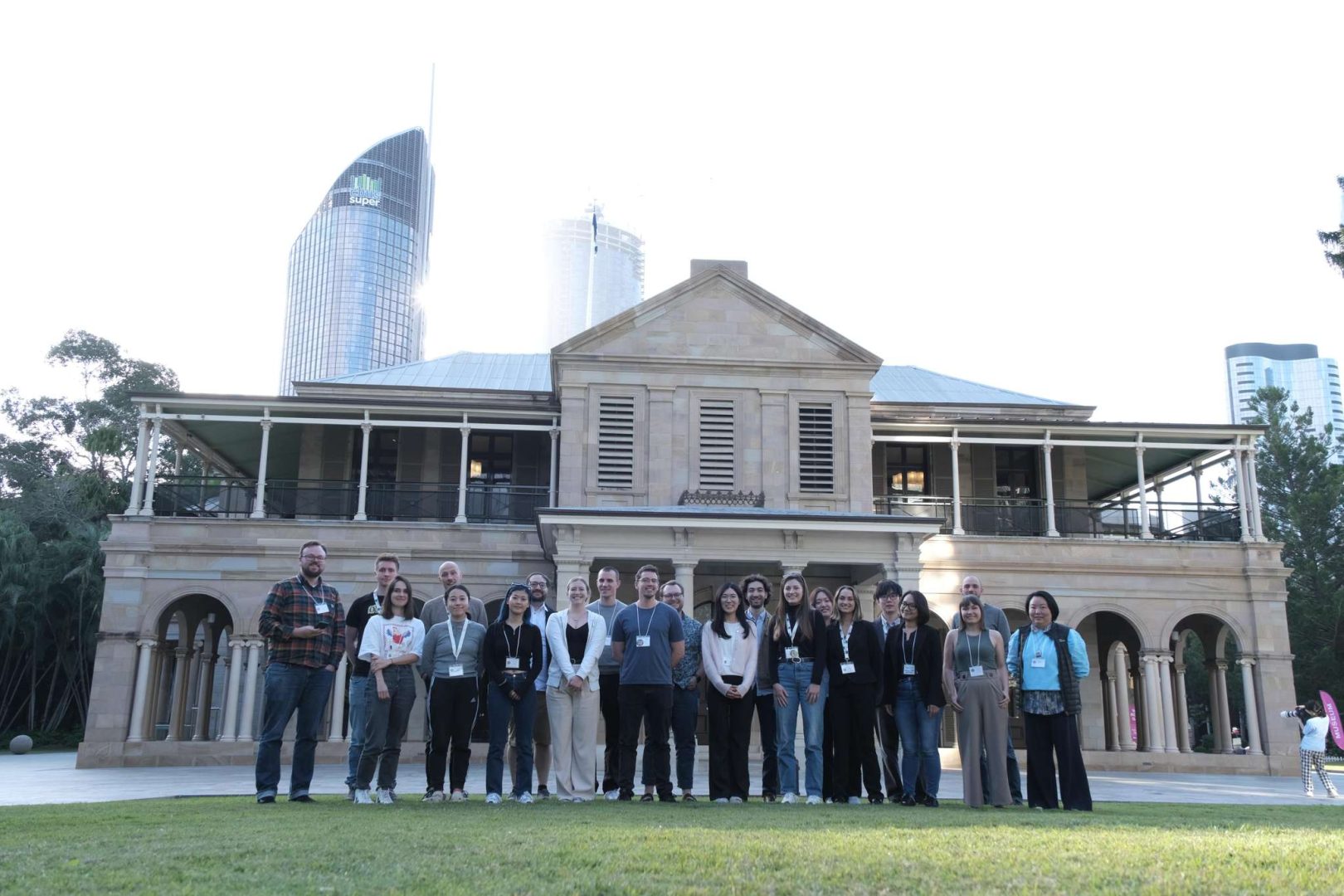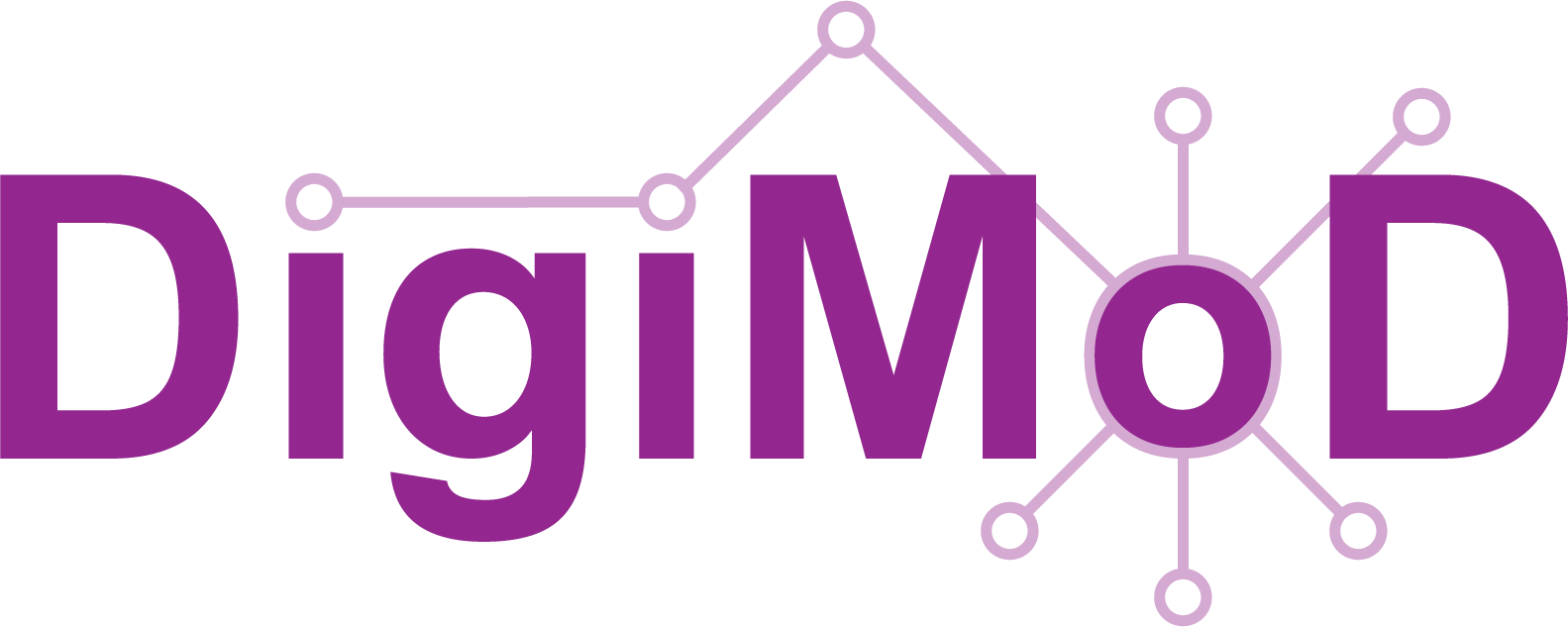This year’s 74th Annual ICA Conference on “Communication and Global Human Rights” was held from June 20th to 24th in Gold Coast, Australia. This event focused on exploring the critical intersections between communication studies and human rights scholarship, showcasing current practices, research, and future directions. Topics ranged from the media’s role in advocating for marginalized groups’ rights to challenges posed by digital surveillance and technology’s role in documenting human rights violations. The symposium provided a platform for in-depth discussions on how communication influences perceptions, policies, and advocacy efforts in global human rights.
During the conference, several of our team members presented their research:
- 21.06.2024 – Functions and Linguistic styles of Conspiracy – Related Communication: A Cross Platform Analysis
Dr. Annett Heft presented her collaborative work with Dr. Kilian Buehling and Xixuan Zhang on “Functions and Linguistic Styles of Conspiracy-Related Communication: A Cross-Platform Analysis.” Her presentation examined how user cultures on different social media platforms influence the communication style and functions of conspiracy-related content. Specifically, she analyzed the “Great Replacement/White Genocide” and “New World Order” theories across 4chan, Twitter, and legacy media from 2011 to 2021 to understand the dynamics of “platformed conspiracism” and its impact on both creators and audiences. - 23.06.2024 – Digital Affordances for Social Movements: An Actor Group-Centric, Intermediate-Level Approach
In collaboration with Dr. Annett Heft, Prof. Dr. Barbara Pfetsch, and Dr. Michael Vaughan, Prof. Christian Baden presented on “Digital Affordances for Social Movements: An Actor Group-Centric, Intermediate-Level Approach”. Her presentation explored how digital media have transformed social movements’ ability to access and shape public debates. By analyzing digital affordances at an intermediate level of abstraction, she highlighted how different social media platforms offer varying opportunities for social movements to articulate public claims, build collective identities, and mobilize actions.
- 22.06.2024 – Social Media Opportunities for the Far-Right: Comparing German Far-Right Social Movement Networks on Twitter/X, Telegram and Gettr
In her first dissertation paper presented at ICA, Baoning explores the social media activities of German far-right movements on Twitter, Telegram, and Gettr. She examines the technological-communicative, regulatory, economic, and user practice dimensions of these platforms, tracing the networking activities of various far-right actors and organizations from 2022 to early 2023. Her study shows how platforms are used alongside each other to connect to common communities while also forming distinct connections shaped by platform opportunities and user needs, highlighting the importance of comparative research.
- 23.06.2024 – 50 Shades of Astroturf and How to Choose Them: A Theoretical Model and Review of Coordinated Social Media Manipulation
Thiele collaborated with Prof. Dr. Barbara Pfetsch, Dr. Annett Heft, Miriam Milzner, and Baoning Gong on “50 Shades of Astroturf and How to Choose Them: A Theoretical Model and Review of Coordinated Social Media Manipulation”. His presentation addressed the issue of attribution in Coordinated Social Media Manipulation (CSMM) by introducing a theoretical model and typology. This model, based on an extensive literature review, helps researchers connect observed campaign characteristics to typically hidden aspects that define the principals and their strategies.
- 21.06.2024 – Twiplomacy and the War: Russia’s Strategic Narratives on Twitter during the Full-Scale Invasion of Ukraine
Milzner presented her work on “Twiplomacy and the War: Russia’s Strategic Narratives on Twitter during the Full-Scale Invasion of Ukraine”. Her study analyzed the role of Russian diplomats in propagating digital propaganda to justify aggression against Ukraine, analyzing their strategic narrative creation and content dissemination on Twitter throughout key phases of the conflict, employing network analysis and quantitative content analysis methods.
